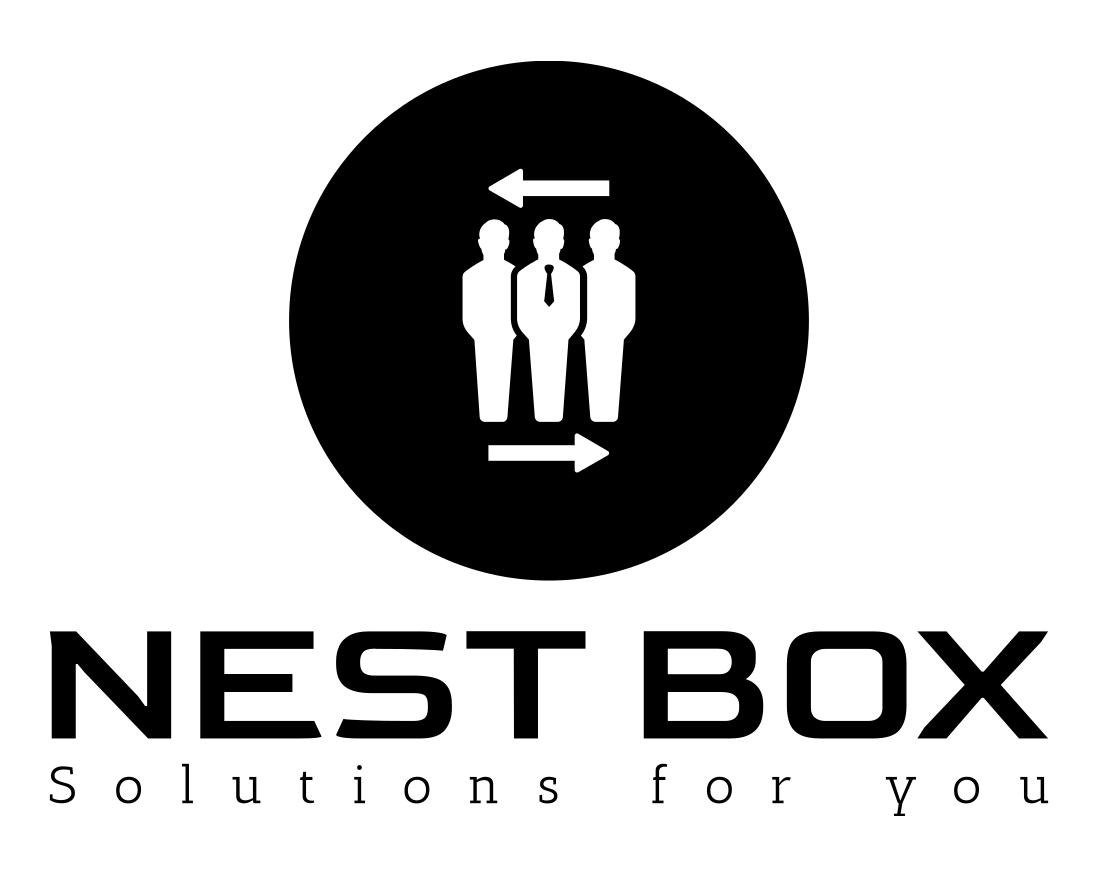Navigating the discussion of strengths and weaknesses in a job interview is a crucial aspect of presenting oneself as a well-rounded and self-aware candidate. Striking the right balance between highlighting strengths and addressing weaknesses can provide valuable insights into your suitability for the position. Below is a list of 39 strengths and weaknesses that you may consider discussing in a job interview:
Strengths:
- Adaptable: Embraces change and thrives in dynamic environments.
- Analytical: Capable of dissecting complex problems and finding effective solutions.
- Ambitious: Sets high goals and consistently strives to achieve them.
- Collaborative: Works well in team environments, fostering open communication.
- Communicative: Effectively conveys ideas and information to various audiences.
- Creative: Brings innovative ideas and approaches to problem-solving.
- Detail-Oriented: Pays close attention to details, ensuring accuracy in work.
- Diligent: Demonstrates a strong work ethic and commitment to tasks.
- Empathetic: Understands and relates to the perspectives of others.
- Energetic: Brings a positive and enthusiastic approach to tasks.
- Goal-Oriented: Sets and achieves objectives with determination.
- Hardworking: Willing to put in the effort required to meet goals.
- Innovative: Introduces new ideas and methods to improve processes.
- Leadership Skills: Capable of guiding and motivating a team.
- Organized: Maintains a structured approach to tasks and responsibilities.
- Problem-Solver: Quickly identifies and addresses challenges.
- Proactive: Takes initiative and anticipates needs.
- Reliable: Consistently delivers high-quality work on time.
- Resilient: Bounces back from setbacks with a positive attitude.
- Results-Driven: Focuses on achieving tangible outcomes.
- Strategic Thinker: Sees the bigger picture and plans accordingly.
- Team Player: Collaborates effectively with colleagues.
- Tech-Savvy: Proficient in using various technologies.
- Time Management: Effectively prioritizes tasks to meet deadlines.
- Versatile: Adaptable to various roles and responsibilities.
Weaknesses:
- Overly Critical of Self: Strives for perfection, sometimes at the cost of efficiency.
- Impatient: Prefers immediate results, may struggle with prolonged timelines.
- Public Speaking Anxiety: Uncomfortable speaking in front of large audiences.
- Difficulty Delegating: Prefers to handle tasks independently.
- Overly Detail-Oriented: May spend too much time on minor details.
- Limited Technical Skills: Specific areas where improvement is needed.
- Overcommitment: Tendency to take on too many tasks simultaneously.
- Lack of Patience: Prefers fast-paced environments, may struggle with slower processes.
- Perfectionism: Strives for perfection in all tasks.
- Difficulty Saying No: May have challenges declining additional responsibilities.
- Overly Sensitive: Takes feedback to heart, potentially impacting morale.
- Limited Foreign Language Skills: Specific languages where improvement is needed.
- Reluctance to Take Risks: Prefers tried-and-true methods over experimentation.
- Resistance to Change: Initial discomfort with significant changes.
- Difficulty Letting Go of Projects: Invests deeply in completed tasks.
- Lack of Networking Skills: Opportunities for improvement in professional networking.
- Tendency to Micromanage: Inclined to closely oversee tasks and projects.
- Lack of Confidence in Public Speaking: Struggles with self-assurance in public speaking.
- Difficulty with Confrontation: Avoids conflict and confrontation when possible.
- Tendency to Work Alone: Prefers solo tasks over collaborative projects.
- Limited Coding Skills: Specific programming languages that require improvement.
- Overcommitment to Work: Struggles with maintaining a work-life balance.
- Difficulty with Multitasking: Prefers focusing on one task at a time.
- Overemphasis on Detail: May lose sight of the bigger picture.
- Fear of Failure: Reluctance to take risks due to fear of failure.
Tips for Discussing Strengths and Weaknesses in an Interview:
- Be Honest and Authentic: Provide genuine examples that reflect your true qualities.
- Show Growth: Discuss weaknesses in a way that highlights your efforts to overcome them.
- Relate to the Role: Connect strengths and weaknesses to how they impact the specific job.
- Focus on Solutions: For weaknesses, discuss steps you are taking to improve or mitigate them.
- Highlight Transferable Skills: Demonstrate how strengths from one area can benefit the new role.
- Use Concrete Examples: Support your claims with specific instances from your experiences.


Leave a Comment